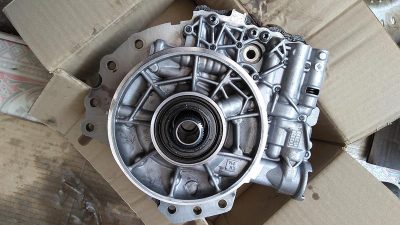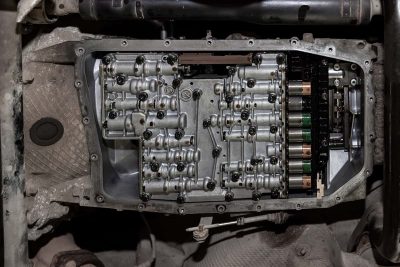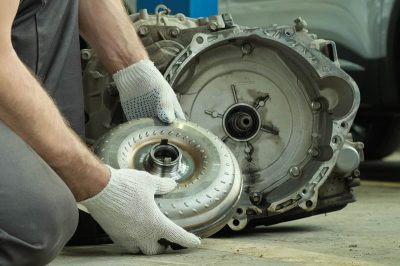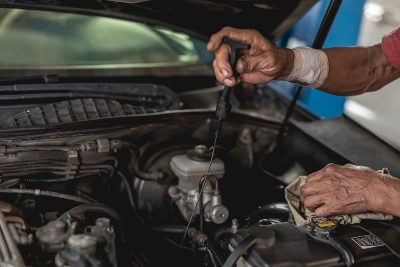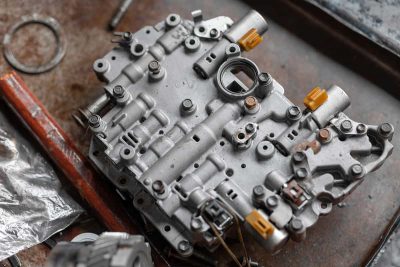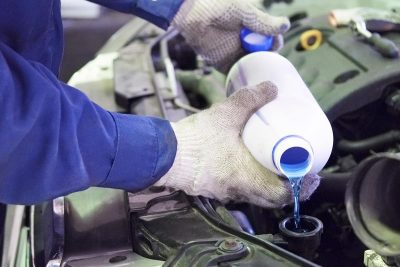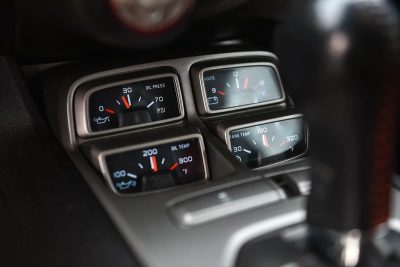Transmission pump replacement costs between $400 and $1,400 on average, depending on vehicle make and model, extent of damage, and type of replacement pump needed.
The shift solenoid is an important part of your car that helps control how and when your vehicle changes gears. Just like any part of your car, it can sometimes have problems. These problems can cause your car to act strangely, such as changing gears when it shouldn’t or not changing gears when it should.
The typical symptoms of a bad torque converter (transmission slippage, shuddering and vibrations, delayed or erratic gear shifts, overheating, increased stall speed, or unusual noises) can be triggered by any of the following causes:
The transmission is a key part of any vehicle. It helps control the power from the engine to the wheels. When something goes wrong with the transmission, it can be a big problem. Your vehicle will communicate to you that its transmission is problematic with the error message “Transmission Fault Service Now.”
Transmission keeps things running smoothly by lubricating the parts inside your transmission, which is a major component that controls how your car moves. If the fluid gets low, it can cause a lot of problems, kind of like how you’d feel sluggish if you didn’t drink enough water.
In manual cars, the TCM is typically located inside the car’s engine control module. On the other hand, in cars with Continuously Variable Transmission (CVT), the TCM is often integrated into the valve body of the transmission itself.
The proper transmission fluid level is crucial for your vehicle’s performance. Overfilled transmission fluid can lead to several issues, affecting the transmission’s lifespan and overall driving experience.
If you’re experiencing difficulty shifting your car out of first gear, it can be a frustrating and concerning experience. Whether you’re driving a manual or automatic transmission, being stuck in first gear can make it difficult to accelerate and maintain proper speed on the road.
Have you ever experienced a jumpy or jerky ride while driving your car? Do you feel like your vehicle struggles to change gears or fails to respond as it should? These symptoms might indicate a common problem called transmission slipping.
Automatic transmissions are a common feature in cars, allowing for smooth and convenient shifting between gears. However, you may notice your vehicle’s engine revving at high RPMs before shifting gears, which can be concerning.
The ideal temperature range for a transmission system is typically between 160-200°F (70-93°C) to ensure optimal performance and prevent overheating. Transmission temperature can vary depending on driving conditions, such as city driving, highway driving, or towing, which may cause the temperature to rise.
The transmission system of your vehicle is an integral part that ensures smooth functioning of your car. But what happens when you notice that the transmission is hot even when the engine is at idle? This issue can be alarming and may indicate a problem with your car that needs immediate attention.
